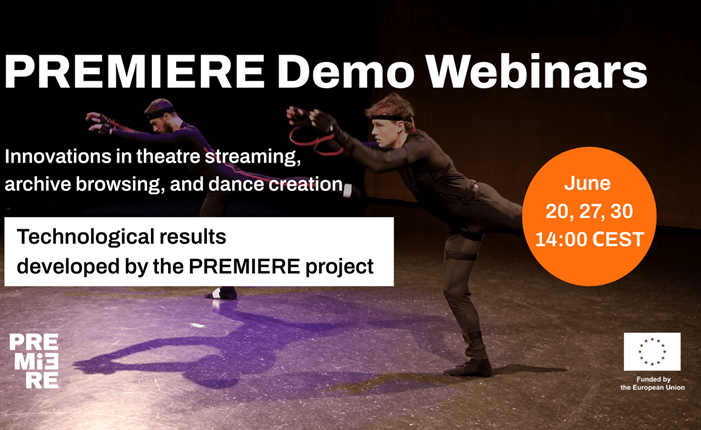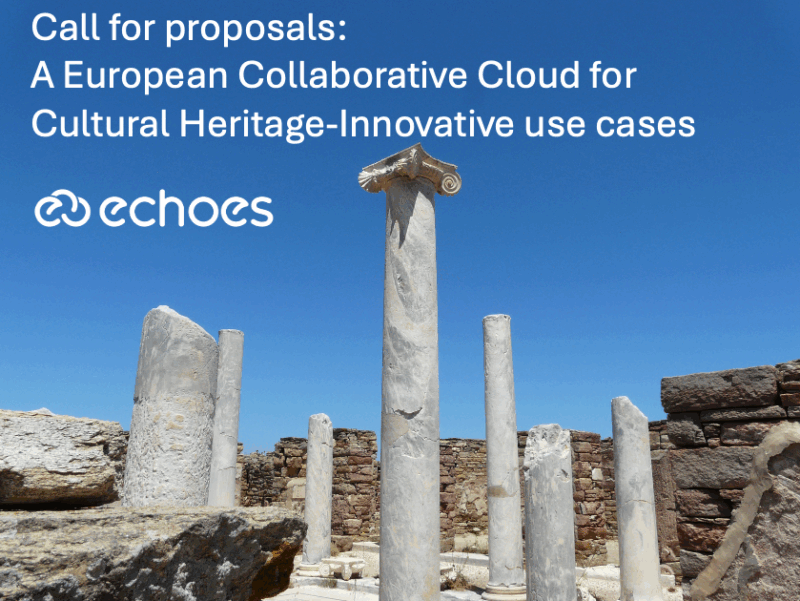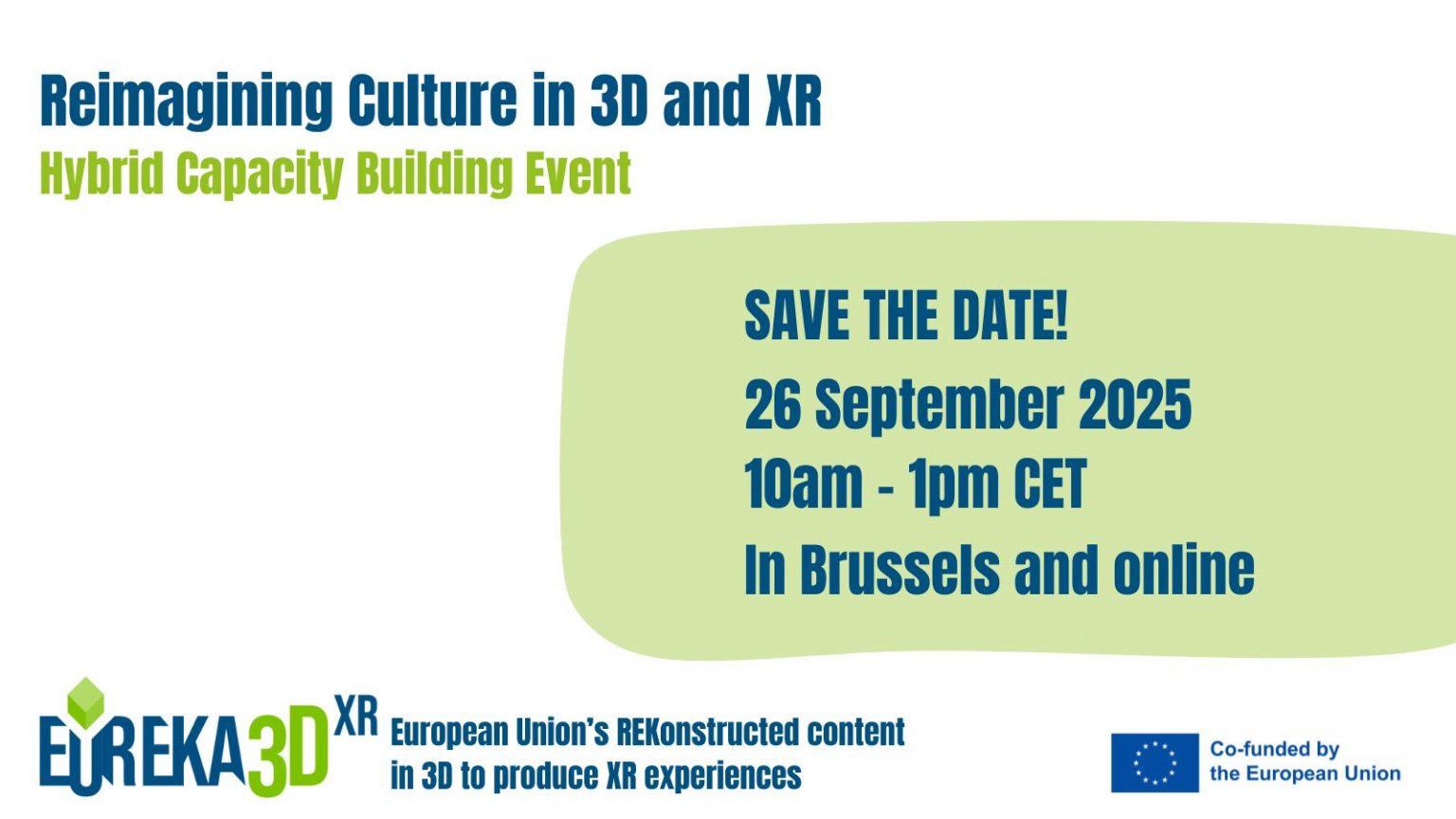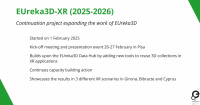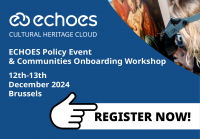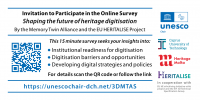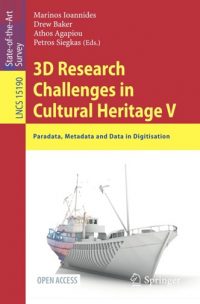
Data Analytics for Cultural Heritage: Current Trends and Concepts
Editors: Abdelaziz Bouras 1, Abdelhak Belhi 1,2, Abdulaziz Khalid Al-Ali 1, Abdul Hamid Sadka 3
- College of Engineering, Qatar University, Qatar
- DISP Laboratory, Université Lumière Lyon 2, Lyon, France
- Brunel University, London, United Kingdom
Book Scope
In light of the recent advances and techniques in the cultural domain using artificial intelligence, the book aims at addressing new and current challenges related to the effective implementation of AI technologies in the cultural context. The book chapters are mostly related to the application of AI to the cultural heritage digitization process aiming at empowering the value of the digitized assets through advanced artificial intelligence techniques. We particularly focus on improvements to the data acquisition stage as well as the data enrichment and curation stages using advanced artificial intelligence techniques and tools.
For this book, we consider the following focus areas in the cultural heritage domain:
- Data acquisition
- Data enrichment
- Data management
- Data preservation
MORE INFO and SUBMISSION: https://www.ceproqha.qa/call-book-chapters/
Introduction
Art and culture are some of the most reputable history transfer mediums through civilizations and generations. Cultural objects are distinguished by their higher value and attractiveness as they hold a lot of cultural and historical information. The physical preservation of cultural assets was known to be the only tool to conserve these objects for the long term. This process is reported to take a considerable amount of time and tends to be often costly. However, since the emergence of digital technologies, and thanks to their reliability and continuously dropping costs, the digital preservation of cultural objects is continuously catching the eyes of heritage organizations and is studied as an efficient and reliable alternative to the physical preservation. Cultural institutions such as museums, galleries, and heritage management organizations are currently investing a lot of efforts and resources to digitize and preserve their collections using cutting edge acquisition technologies. This process was often reported to be successful as we started to see multiple initiatives such as virtual museum tours, high-quality replicas of cultural objects, digital enrichment, linked data, etc. More recently, and with the recent breakthroughs in the AI domain, new techniques have been developed and aim at enriching the acquired data using artificial intelligence. In the past, cultural data enrichment was only possible using semantic tools or manual annotation which did not fully leverage the hidden information that can be extracted using AI technologies. Nowadays, artificial intelligence techniques for classification and content generation are being studied by multiple research groups around the world and thanks to the abundance of cultural data, some new challenges were presented to researchers to make the assets digital preservation more effective.
Throughout this book, we mainly consider the challenges related to the improvement of the data acquisition, data enrichment and data management processes in the cultural heritage data lifecycle pipeline using advanced artificial intelligence and machine learning technologies with an emphasis on recent applications related to deep learning for visual recognition, generative models, natural language processing, super resolution, etc.



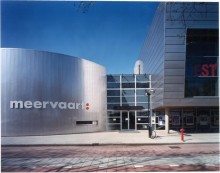
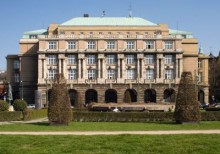
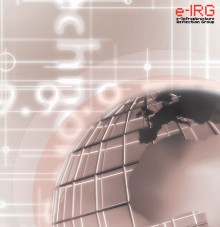
 If you have interesting news and events to point out in the field of digital cultural heritage, we are waiting for your contribution.
If you have interesting news and events to point out in the field of digital cultural heritage, we are waiting for your contribution.
